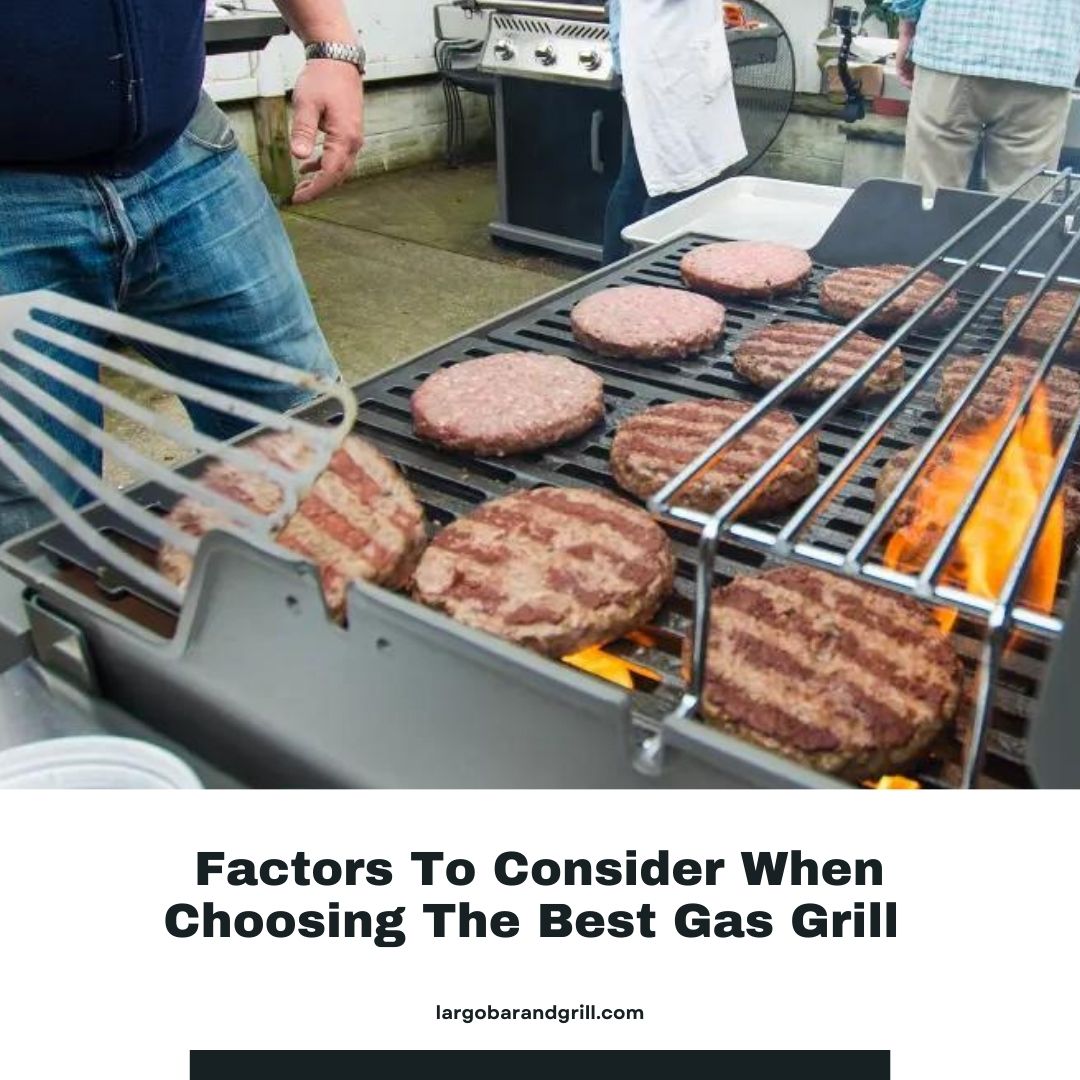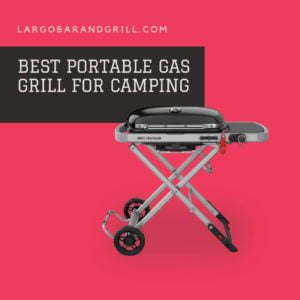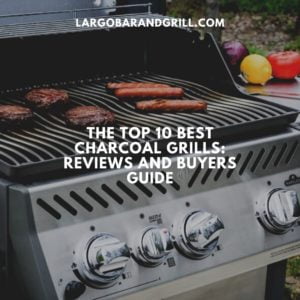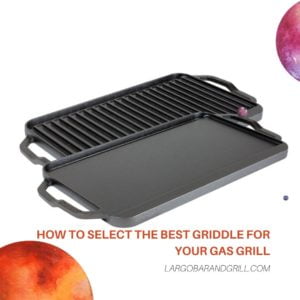Disclaimer: There are affiliate links in this post. At no cost to you, I get commissions for purchases made through links in this post.
You have visited the store and examined Weber, Char-Broil, and a dozen other grills. You have heard salespeople discuss surface areas, BTUs, rotisserie burners, side burners, infrared burners, and a dozen more terms you are unfamiliar with. You are more perplexed than you were before. You require some helpful assistance while purchasing a grill. Well, here you go.
Price
The first rule is that you get what you pay for. If you visit your local department shop, hardware store, or grocery store, you will find gas grills priced between $150 and $300. There are, however, some that can cost over $10,000. There are hundreds of grills on the market each year, but your local store may only offer a handful, so having a budget in mind will help you narrow down your options. Compare pricing to determine whether a propane tank is included. If you purchase it individually, this can add between $20 and $30 to your final cost.
Fuel
The second factor to consider is fuel. Choose between propane and natural gas. Natural gas requires a gas line at your grill’s location. Many barbecues are available in either format, but you cannot use a natural gas grill with propane or vice versa. Many low-priced barbecues lack the natural gas option, although an increasing number of grills now do. However, be mindful of the price since some natural gas conversion kits can cost between $50 and $100. Natural gas will save you money and trips to the propane shop over time.
Material
Next is the grill’s construction material. Typically, the grill’s primary body comprises cast aluminum, sheet metal, cast iron, or stainless steel. Stainless steel is the preferred and most expensive material for professional cooking equipment, but not all stainless steel is made equal. Not only the body but also the frame should be carefully inspected.
Numerous “stainless steel” grills with painted, rust-prone steel frames exist. Once you have chosen the material, examine the entire grill to determine how it is constructed. Is it entirely stainless steel (use a magnet to select)? Metal permits manufacturers to take shortcuts. In reality, cast aluminum often outlasts stainless steel of any quality.
Size
After determining these parameters, you must select the desired size and characteristics. Consider the types of foods you’ll want to cook on your grill and the number of people for whom you’ll be cooking. You will need a larger grill if you intend to cook a huge turkey or up to 40 hamburgers. If you only sometimes cook a few steaks or chicken breasts, you will likely want a smaller grill. Also, consider the area available for the grill. Obtain one that will fit securely and comfortably.
Features
Do you need an extra burner? How about various cooking levels, a smoker box, a side burner, a rotisserie burner, lights, or any of a dozen other modern grill accessories? Remember that a basic grill can perform various tasks, although most additional features are rarely utilized. Features are expensive! Only purchase the parts you want to utilize.
Heat
Also important is the BTU rating. This indicates the quantity of heat produced by the burner. A grill with a more excellent BTU rating does not necessarily generate more heat. It depends on the amount of heat produced, the size of the grill, and how well it retains and distributes heat. Please do not purchase a grill because it has a high BTU rating. Compare this number with the grill’s size and form. Smaller, more compact grills with fewer BTUs may generate higher cooking temperatures.
Durability
Materials, metal thickness, and the quality of the grill’s components have a significant impact on its durability. However, most of your gas grill’s longevity depends on how well you maintain it. A grill that is adequately maintained can survive for many years! Even the most fantastic grill will rust and deteriorate if kept unattended and uncleaned. A more excellent grill will last longer, but if you take care of a cheap grill, it can also survive a long time.
The distinction between name-brand and store-brand grills can be made by comparing the two. Ask the salesperson at the store where you are buying whether the grill you are considering is a local or national brand. Replacement parts, customer service, and a corporation whose survival depends on the quality of its products are available for name-brand gas grills. Store brands change factories annually and lack the level of support necessary to keep your barbecue operating for decades.
Related Posts
Best Portable Gas Grill For Camping
Disclaimer: There are affiliate links in this post. At no...
Read MoreTop 10 Best Gas Grills For Your Home And Backyard
Disclaimer: There are affiliate links in this post. At no...
Read MoreHow To Select The Best Griddle For Your Gas Grill
Disclaimer: There are affiliate links in this post. At no...
Read MoreWhy Trust Us
You will find what you are looking for at Largo Bar and Grill. From classic to luxury brands, you'll find both. We will help you to select appliances that fit your needs, budget and lifestyle. Whether you want to stop by to learn more — or plan to make a major purchase — we’ll treat you like family and assist you every step of the way. Shop with us today to receive friendly and experienced help along the way.




